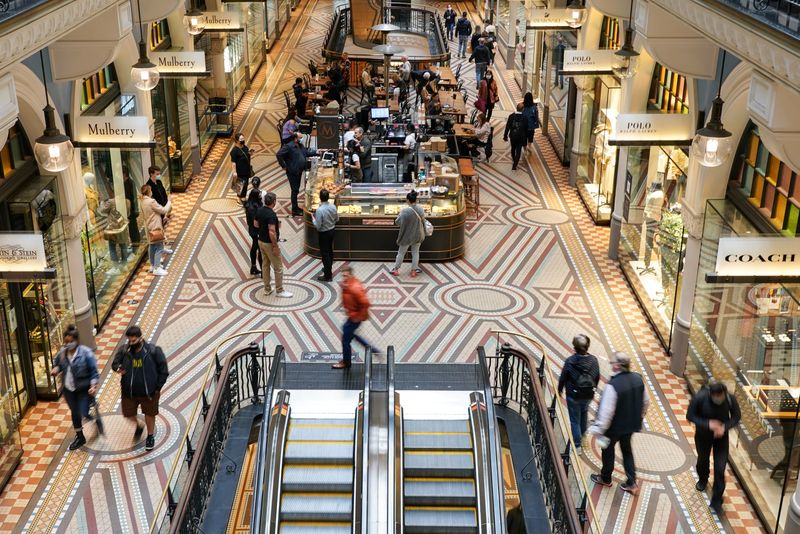Inflation and retail sales rose in Australia
2023.01.11 01:21

Inflation and retail sales rose in Australia
By Kristina Sobol
Budrigannews.com – In November, Black Friday sales and online specials increased demand for clothing, electronics, and furniture in Australia, indicating that consumption was able to withstand rising interest rates and high inflation.
Wednesday’s retail sales data from the Australian Bureau of Statistics (ABS) showed a record A$35.9 billion ($24.7 billion) increase of 1.4% over October.
That was more than twice the median forecast of 0.6 percent, and October’s result was sharply revised up to a rise of 0.4 percent from a drop of 0.2 percent.
Separate ABS data on consumer prices showed that annual inflation accelerated to 7.3% in November, after a surprise drop to 6.9% in October, indicating the strength of demand.
In contrast to the usual pattern of declines in November, holiday travel and lodging saw a 4.3% increase in the month.
According to ABS Head of Prices Statistics Michelle Marquardt, “high jet fuel prices combined with strong consumer demand in November pushed up airfare prices, and accommodation prices also rose.”
The trimmed mean, a closely watched indicator of core inflation, increased to 5.6% annually, its highest level since 2018, indicating that price pressure is widespread.
The challenge that the Reserve Bank of Australia (RBA) faces in its efforts to cool the economy is highlighted by the combination of robust consumption and persistently rising inflation.
Since May, the central bank has increased interest rates by a jaw-dropping 300 basis points to a decade-high of 3.1% in an effort to control inflation.
Markets are still betting that the RBA will raise its cash rate by 25 basis points at its policy meeting on February 7, but futures indicate that there is a non-trivial chance it will pause.
By September, rates are expected to reach a high of between 3.85% and 4.1%.
Marcel Thieliant, an economist at Capital Economics, stated that “the continued strength in inflation coupled with the resilience in consumption will prompt the RBA to keep hiking rates for a while yet.”
A slowdown in the cost of new homes, which has been a major contributor to inflation over the past few years, was one positive aspect of the reports, he said.
According to Thieliant, “that underlines that interest-rate sensitive spending categories are feeling the pinch from the RBA’s aggressive tightening last year.”
More Ecuador significantly reduces many taxes








